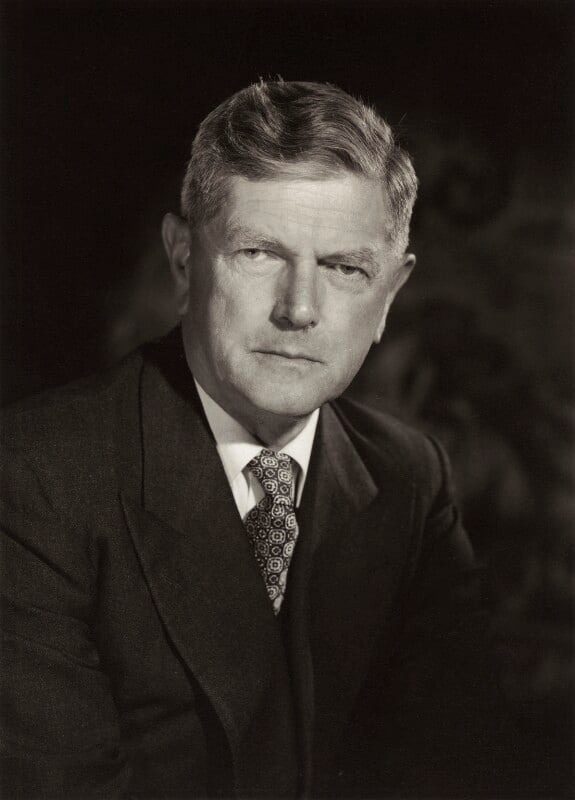Date of Birth: September 3, 1899
Zodiac Sign: Virgo
Date of Death: August 31, 1985
Biography
Sir Frank Macfarlane Burnet, often referred to as Macfarlane or “Mac” Burnet, was an Australian virologist best known for his pioneering work in immunology. Born on September 3, 1899, in Traralgon, Victoria, Australia, Burnet made significant contributions to the understanding of how the immune system functions and how it can distinguish between self and non-self. His research laid the groundwork for the concept of immune tolerance, for which he was awarded the Nobel Prize in Physiology or Medicine in 1960, shared with Sir Peter Medawar. Burnet’s early education took place at Geelong College and later at the University of Melbourne, where he earned his medical degree in 1924. He subsequently completed a Ph.D. at the University of London. His early career was marked by research on bacteriophages, viruses that infect bacteria, and he later shifted his focus to immunology. Burnet’s work on clonal selection theory revolutionized the understanding of the immune system, explaining how the body can produce a vast array of antibodies. This theory has had profound implications for both basic biological research and clinical medicine. Throughout his career, Burnet published more than 500 scientific papers and several books, influencing generations of scientists. In addition to his Nobel Prize, Burnet received numerous accolades, including knighthood in 1951 and the designation of Companion of the Order of Australia in 1978. He passed away on August 31, 1985, in Port Fairy, Victoria, leaving behind a legacy that continues to impact the field of immunology.
5 Interesting Facts about Frank Macfarlane Burnet
1. Burnet was the first person to identify influenza viruses in Australia.
2. He was appointed Director of the Walter and Eliza Hall Institute of Medical Research in Melbourne in 1944, a position he held until his retirement in 1965.
3. Burnet was knighted in 1951 for his contributions to medical science.
4. He was a prolific writer, authoring several books aimed at both scientific and general audiences.
5. Burnet developed the clonal selection theory, which is fundamental to the understanding of how the immune system adapts to recognize specific pathogens.
5 Most Interesting Quotes from Frank Macfarlane Burnet
1. “In all science, error precedes the truth, and it is better it should go first than last.”
2. “I think human life is governed by reason to a far greater extent than is generally admitted.”
3. “The essence of scientific work is the seeking out of simplicity amid complexity.”
4. “The greatest scientists are artists as well.”
5. “Science is a wonderful thing if one does not have to earn one’s living at it.”
Highest Net Worth Achieved
There is no publicly available information on the highest net worth achieved by Frank Macfarlane Burnet. As a scientist in the mid-20th century, it is likely that financial gain was not a primary focus of his career.
Children
Frank Macfarlane Burnet married Edith Linda Druce in 1928. The couple had three children: Ian Macfarlane Burnet, Elizabeth Macfarlane Burnet, and Ruth Macfarlane Burnet.
Relevant Links
1. [Nobel Prize Biography](https://www.nobelprize.org/prizes/medicine/1960/burnet/biographical/
3. [Encyclopedia Britannica](https://www.britannica.com/biography/Frank-Macfarlane-Burnet
4. [Walter and Eliza Hall Institute](https://www.wehi.edu.au/people/frank-macfarlane-burnet


